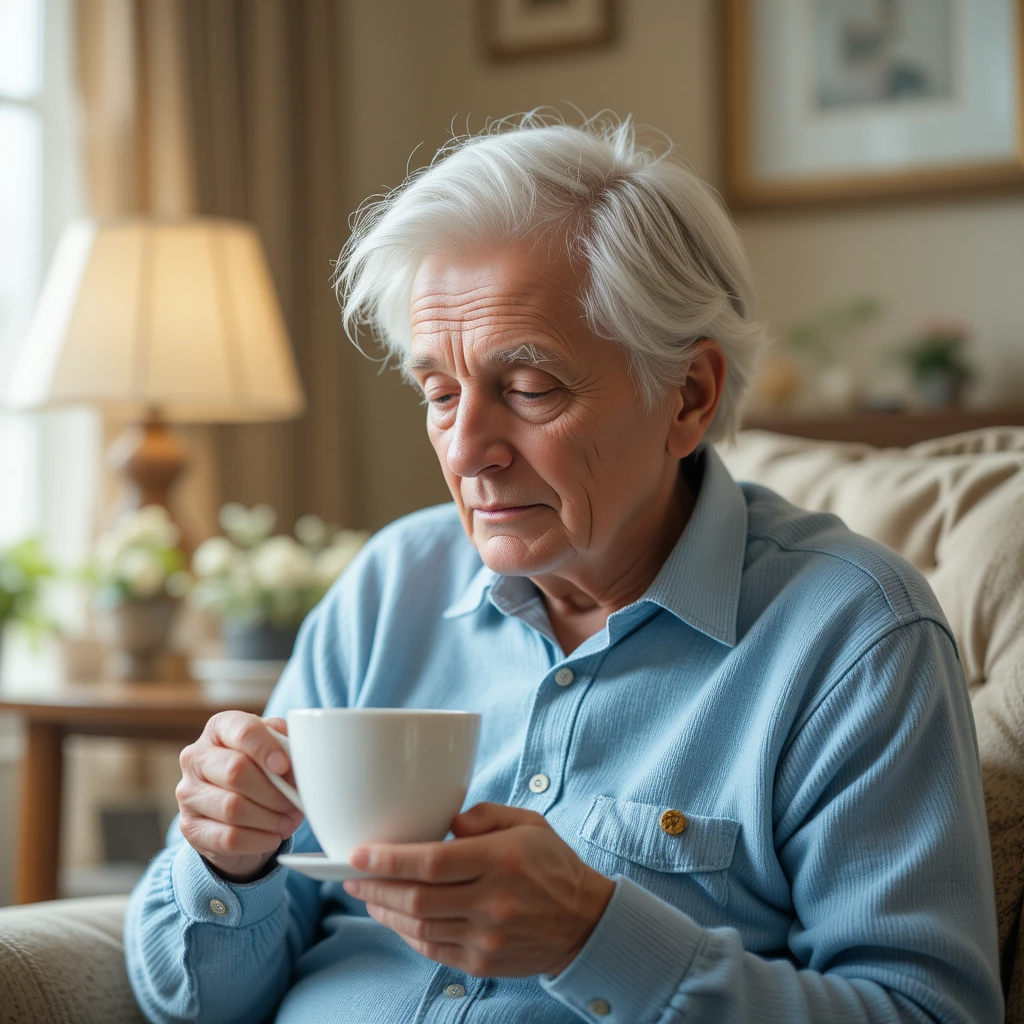Delusions and Hallucinations
Parkinson’s Disease (PD) is primarily known for its motor symptoms, but non-motor symptoms, particularly psychotic symptoms like delusions and hallucinations, can significantly impact a person’s quality of life and that of their caregivers. While these symptoms can be distressing, understanding them and implementing effective coping strategies can make a substantial difference.
Hallucinations in PD are most commonly visual, meaning a person sees things that aren’t there. These often involve people, animals, or objects, and can range from fleeting glimpses to persistent, vivid presences. They are typically not threatening initially but can become so over time. Delusions, on the other hand, are fixed, false beliefs that are not based in reality. In PD, common delusions can include paranoia (e.g., belief that others are stealing from them) or jealousy.

These symptoms are believed to arise from a complex interplay of factors, including the disease process itself, medication side effects (especially dopamine-mimicking drugs), sleep disturbances, and cognitive decline. It’s crucial to remember that these experiences are not a sign of mental weakness or character flaw; they are a direct consequence of the disease.
Effective Strategies for Managing Psychotic Symptoms
Coping with delusions and hallucinations requires a multifaceted approach involving medical management, environmental adjustments, and strong caregiver support.
Medical Management
- Medication Review: The first step is often a thorough review of all current medications with the treating neurologist. Adjusting dosages or switching medications can significantly reduce psychotic symptoms. Never adjust medications without consulting a healthcare professional.
- Atypical Antipsychotics: In some cases, low doses of atypical antipsychotic medications may be prescribed. These medications are carefully chosen to minimize side effects, especially those that could worsen motor symptoms.
- Treating Underlying Issues: Addressing contributing factors like sleep disorders, infections, or dehydration can also help alleviate psychotic symptoms.

Environmental and Behavioral Strategies
- Maintain a Consistent Routine: Predictable routines can reduce confusion and anxiety, which can sometimes trigger or worsen psychotic symptoms.
- Ensure Good Lighting: Well-lit environments can reduce shadows and ambiguous shapes that might be misinterpreted, potentially reducing visual hallucinations.
- Reduce Clutter: A less cluttered environment can help minimize visual distractions and make it easier for the person to distinguish reality from hallucination.
- Validation and Reassurance: For caregivers, it’s important to validate the person’s experience without reinforcing the delusion or hallucination. For example, instead of arguing about what they see, you might say, “I understand you see that, but I don’t see it myself.” Reassure them that they are safe.
- Distraction and Redirection: Gently redirecting the person’s attention to a different activity or topic can sometimes diffuse a distressing hallucination or delusion. Engaging in calming activities like listening to music, reading, or light exercise can also be beneficial.
- Avoid Arguing: Engaging in arguments about the reality of a delusion or hallucination is generally unhelpful and can increase distress and agitation.
- Limit Stimulants: Caffeine and other stimulants can sometimes exacerbate psychotic symptoms and should be used with caution, if at all.

Caregiver Support
Caring for someone experiencing psychotic symptoms can be emotionally and physically taxing.
- Seek Support Groups: Connecting with other caregivers who understand similar challenges can provide invaluable emotional support and practical advice.
- Educate Yourself: The more you understand about PD and its non-motor symptoms, the better equipped you will be to cope effectively.
- Prioritize Self-Care: It’s essential for caregivers to take breaks, maintain their own health, and seek professional help if they feel overwhel
Reference
https://pmc.ncbi.nlm.nih.gov/articles/PMC6760850/
https://www.parkinson.org/understanding-parkinsons/non-movement-symptoms/hallucinations-delusions
https://www.nature.com/articles/s41582-023-00918-8
https://www.apdaparkinson.org/what-is-parkinsons/symptoms/psychosis/
https://pmc.ncbi.nlm.nih.gov/articles/PMC3045857/
https://www.parkinson.org/sites/default/files/documents/psychosis.pdf

Leave a Reply